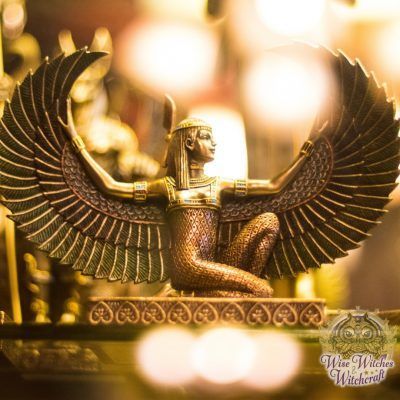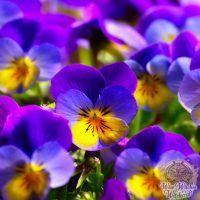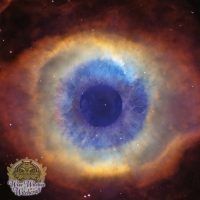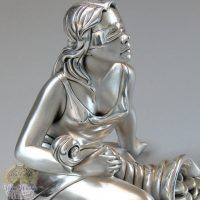Honoring and Communing with the Gods and Goddesses
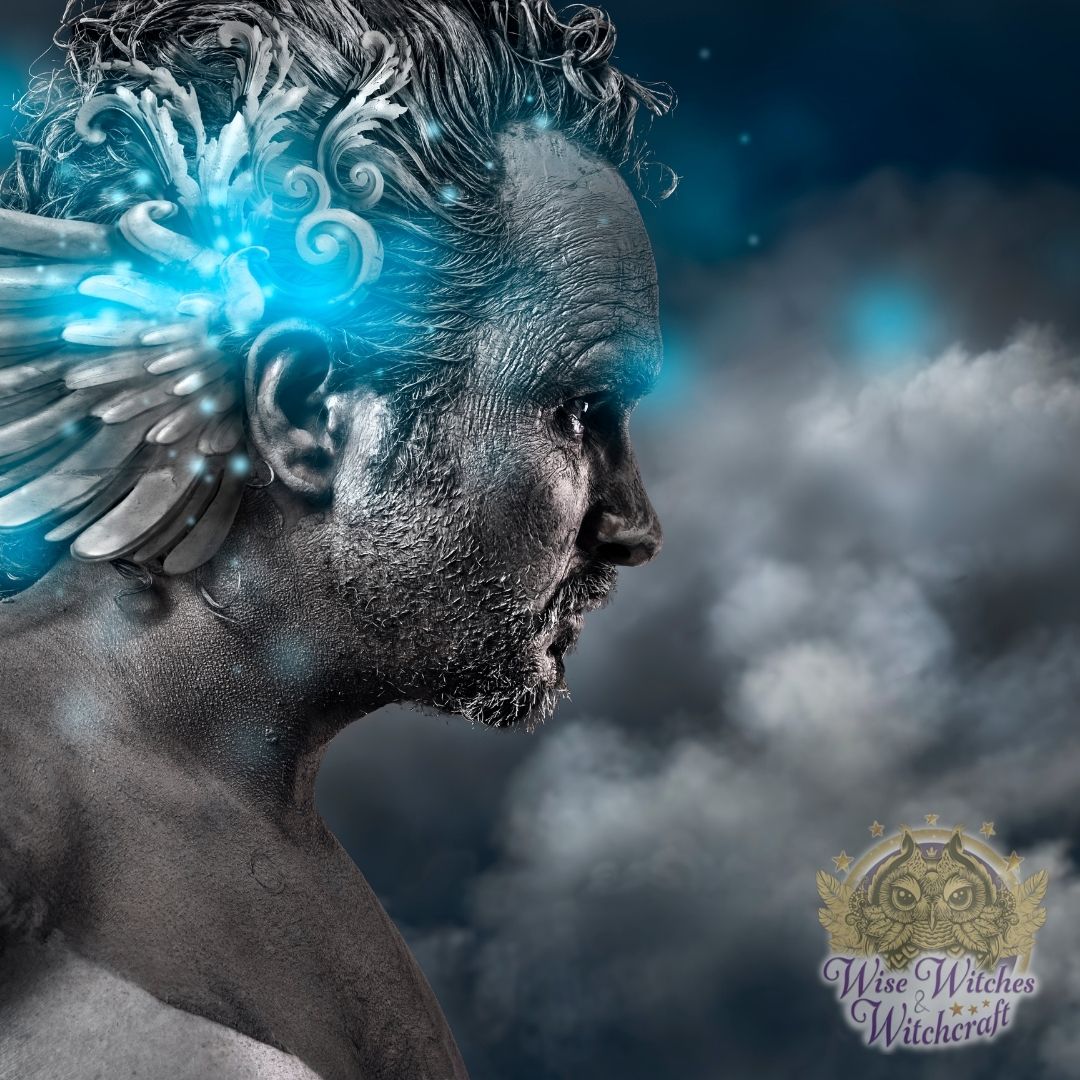
If you want to develop a deep and lasting connection with the Divine, you’ll want to know the various aspects of different Gods and Goddesses from pantheons around the world. The more aspects of the Divine you familiarize yourself with, the better. Why? Because each aspect makes it easier for you to relate to Divine Essence, which is a complex abstraction. It is simpler to perceive the Divine through personification: Featuring human characteristics, behaviors, or motivations.
Choosing Patron Deities for Magical Study
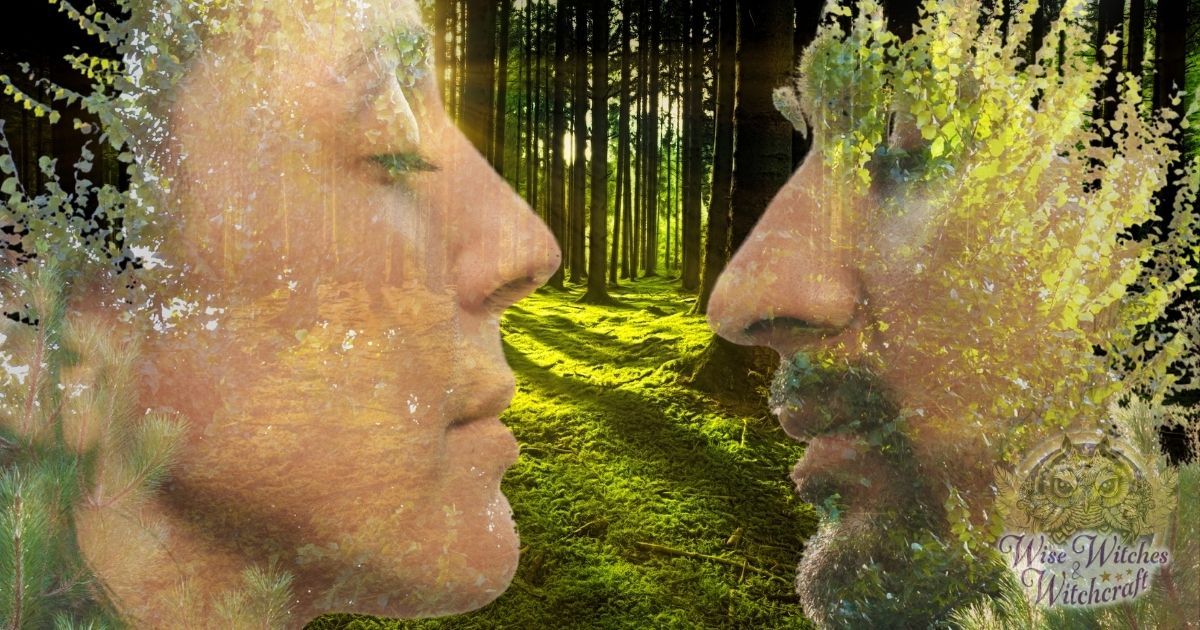
Since the number of deity choices runs into the tens of thousands, you have a lot of cultural variety to make your selections for further study. Many are analogous, meaning the Divine aspects are similar, even when they originate from different cultures. Often, when one culture conquers another, people from the conquering culture adopt some or all the deities from the assimilated culture’s pantheon, and either continue to deify or demote and demonize Them. For example, Aphrodite, the Greek Goddess of Love, is identical, in many ways, to the Roman Goddess, Venus, and the Norse Goddess, Freya.
Not everyone who practices magic follows a specific God or Goddess. In fact, not every magician figures the Divine into the magical equation. However, considering the prevalence of Gods and Goddesses in the world’s religious traditions, it is something well worth considering for yourself. If you find you’re uncomfortable with integrating a sacred power into your path, then keep a small portion of your spell book open for an identification list; this way, when you come across spells, chants, or rituals that have the names of Gods and Goddesses in them, you’ll know what those Powers represent.
For easy future reference, dedicate part of your Book of Shadows to any patron Gods or patroness Goddesses you follow, and add specific details about Their appearance, characteristics, myths, and magical correspondences.
Patrons and Patronesses of Magick: Personal Gods and Goddesses
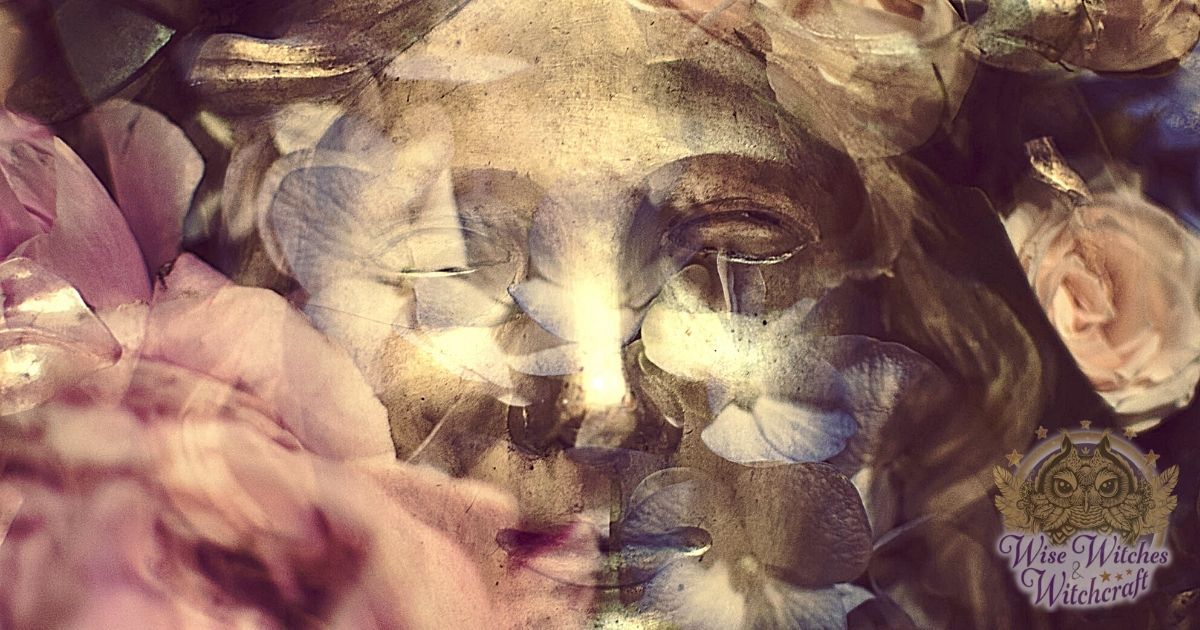
There are many ways to choose Gods and Goddesses to worship and feature in your Book of Shadows. Perhaps there’s a cultural context associated with your choice of magical tradition that you can look to, or a tradition from your family’s heritage. Maybe the name, symbol, or sacred animal of a God or Goddess has come to you in a dream or appeared in your life. Maybe there’s a being that, for whatever reason, affects you on a deep, emotional level. Then, too, there might be a God or Goddess associated with your career, your art, or your personality type. All the latter-mentioned serve as good places to begin your search and spell book notes. Hint: If you let the Universe know what you’re seeking, and you make an honest effort, a God or Goddess will make itself known to you somehow—and not the way you expect! Keep your eyes open!
Alternative God and Goddess Correspondences
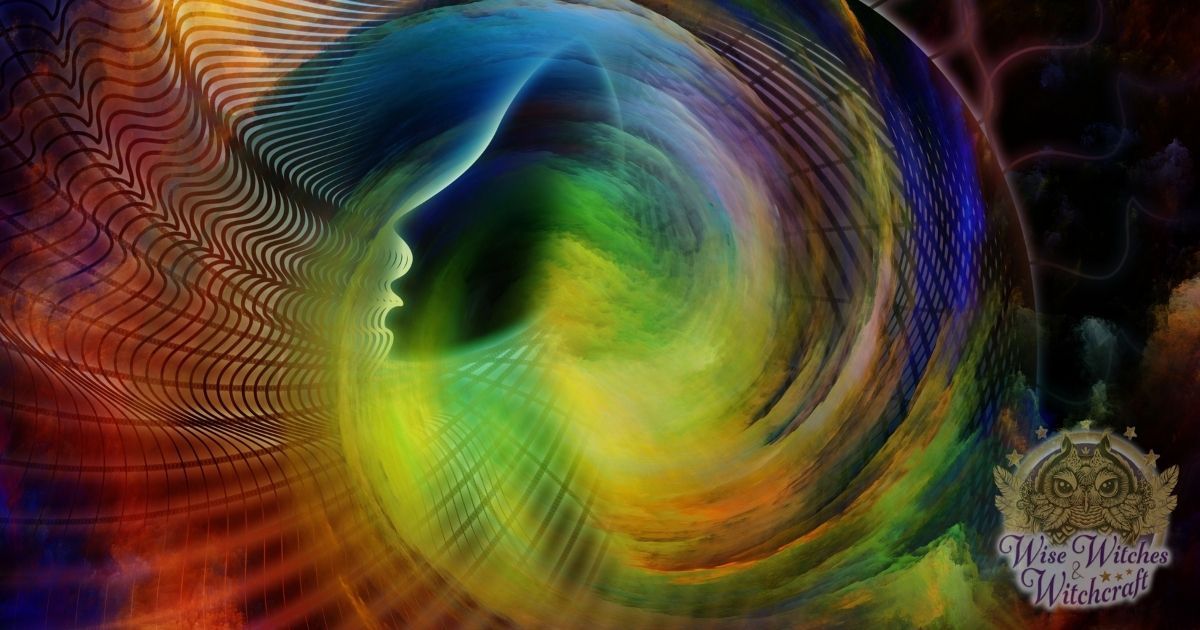
In working with the Divine, you may discover some magical procedures are ill-suited to a specific deity’s talents and attributes. When this happens, you can create and refer to an alternative God or Goddess list instead—one that catalogs deities’ cultural origins and general characteristics. Again, this is why it’s a good idea to, at least, consider adding a quick reference list in your Book of Shadows listing the basic attributes of various Gods to consider working with in the future.
Just remember, it’s not a good idea to invoke one or more of the Powers that Be to which you have no emotional or spiritual connection, or whose name you can’t even pronounce. Make sure you do your homework, so to speak, to explore a particular aspect of the Divine and His or Her demeanor, attributes, and what the deity governs. Then you can honor the deity while working within your sacred space.
Okay, say you or your group has chosen one or several deities to call on in magical workings and worship. Now what? How do you give such an expansive Power suitable space in your Book of Shadows, and what’s best to include? That’s not a simple question, and it is something you have to answer by listening to your heart. The way each person sees a God or Goddess is very personal. So, what’s important about Thor to a specific individual, and what information about the deity gets detailed in a person’s Book of Shadows, might vary from another person’s view of the very same Norse God.
God & Goddess Basics for Your Book of Shadows
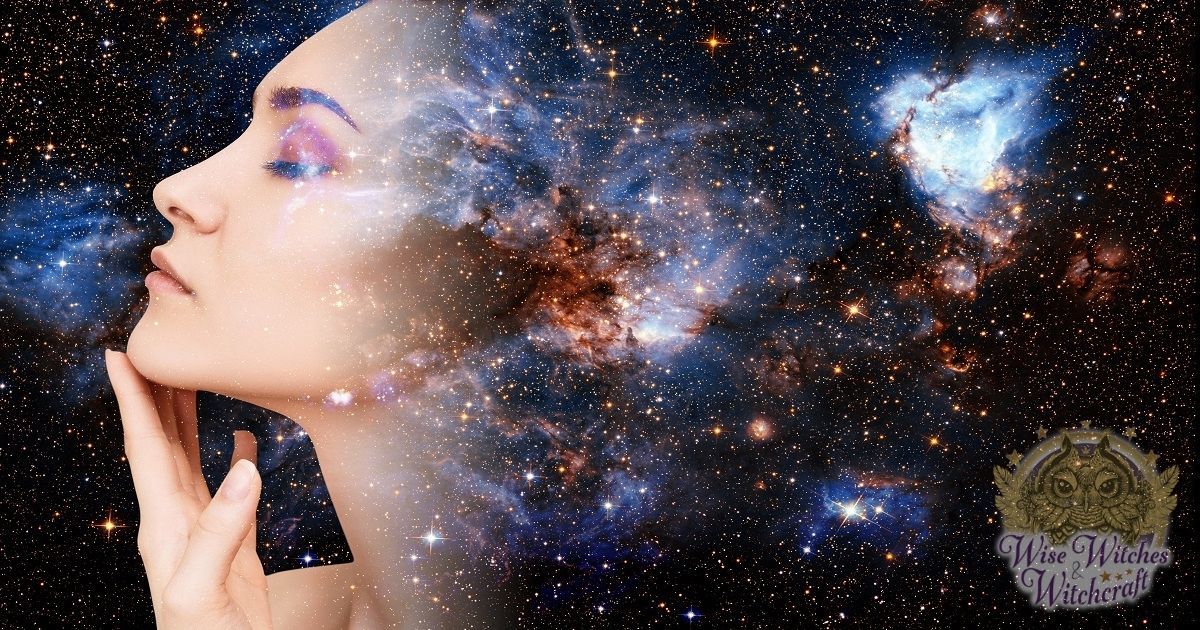
So, let’s begin at the beginning! What’s the name of the deity or Divine aspect in question, and how do you pronounce the deity’s name? Why is pronunciation so important? Taking the time to learn the appropriate pronunciation of a deity is a means of showing respect. Sounds resonate with specific vibrations, helping to attract the deity you call on through the correct utterances. More importantly, just as it is with anything named, once it is named, you can conjure or invoke the essence of that being.
Look up the name of the God or Goddess you’ve chosen in a name book or research the etymology of the deity’s identity to see what any corresponding title or epithet means. When you learn about the translation or etymological roots of a specific Divine aspect’s name, it may reveal some of the deity’s attributes and the origin of one or more common titles. You’ll often find important clues relating to the deity’s powers or suitable offerings as well.
Divine Attributes: What characteristics or powers correspond with the Divine aspect you are studying or calling on for assistance with your magickal operations? Is He or She a God or Goddess of love? Health? Prosperity? After listing these primary attributes, note any information detailing how views, worship, or even characteristics of the deity changes over time.
Note: A God’s or Goddess’ major attributes are those powers (for example, love, health, joy, divination) that characterize that deity. Understanding such attributes allows you to choose a specific deity to work with for a precise magickal working, all of which are something based on what the Divine aspect governs.
Cultural Context: Where did this God or Goddess originate, and what view of the Divine did the ancient people have of the deity in question? To understand why this is so important, think about how people in your hometown know you better than outsiders. The cultural group in which a God or Goddess manifested itself will likely have unique and insightful outlooks about that Divine aspect’s myths, abilities, and demeanor.
Physical Description and Characteristics: How does the God or Goddess look? Is the aspect ancient or youthful, attractive or hideous, human-like, or perhaps even monstrous? The more descriptive you can get here, the better. It helps build a mental image that you can focus on later. It will also help you find a suitable depiction of Him or Her for your altar.
God & Goddess Magickal Correspondences
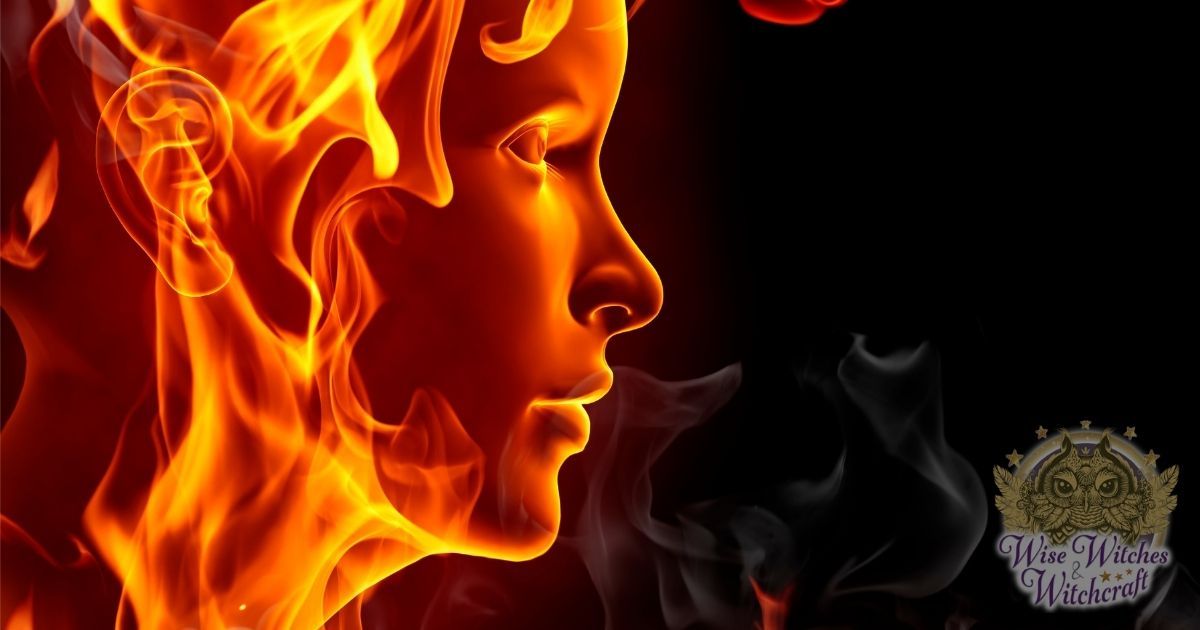
Sacred Things: What animals, plants, aromatics, or people did this God or Goddess protect or love? Once you know this information, you can adopt a similar outlook towards those things: doing so honors that God or Goddess. Decorate your sacred space and altar with a few of these items too.
Traditional Offerings: In moments of great need, what did people offer this God or Goddess, and what happened to that offering afterward? For example, in some cultures, people burned offerings so they could reach the Divine. Hint: Here is yet another magical use for any ritual fire. In other settings, alternative offerings include blessed food or other consumables.
There are several things to look for when exploring the aspect of various deities. Consider:
Special Talents or Skills: Did the God or Goddess protect a group of people, like artists, bards, or metalsmiths? If so, you can offer mundane and/or metaphysical support to the same or similar groups by holding rituals or casting spells on their behalf? If you’re inspired, take up a new hobby (like weaving if your Goddess was a weaver, or storytelling and singing if, for example, your God is the patron of Bards)!
Magickal or Other Symbols: Was this God or Goddess associated with a particular symbol or emblem? The predominant symbol for most world deities is geometric (For example, circle, square, diamond, or triangle). For instance, in the Celtic tradition a wheel (circle) represents the Goddess Arianrhod because She’s corresponds with the life-death-rebirth cycle.
Tarot Correspondence: If you like working with Tarot cards, it’s interesting to see if a God or Goddess has become associated with any of the Major Arcana over time, and, if so, why. You may find the information immensely helpful in readings.
Attire and Accessories: If this God or Goddess appears in art or stories with specific types of tools or clothing, use these somehow in your ritual work. For example, if the God or Goddess bears a sword, He or She might be a good choice to call on when charging your magical sword or athame.
Divine Festivals or Days of Celebration: Most popular God or Goddesses had festival dates when people gathered to honor their power, or dates when they were part of the observance. You will want to do something special for your selected God or Goddess on these days, so it helps to have historical details in your Book of Shadows to use as helpmates in creating your own observances.
Other Occult Correspondences: (astrological, color, numerological) Any other bits of information you gather to round out the Divine’s characteristics that will help you later in writing invocations, spells, and rituals. For example, if a God or Goddess corresponds with a particular astrological sign or lunar phase, invoke His or Her assistance when the Moon is in that sign or phase.
Honoring the Divine: Respecting the God and Goddess
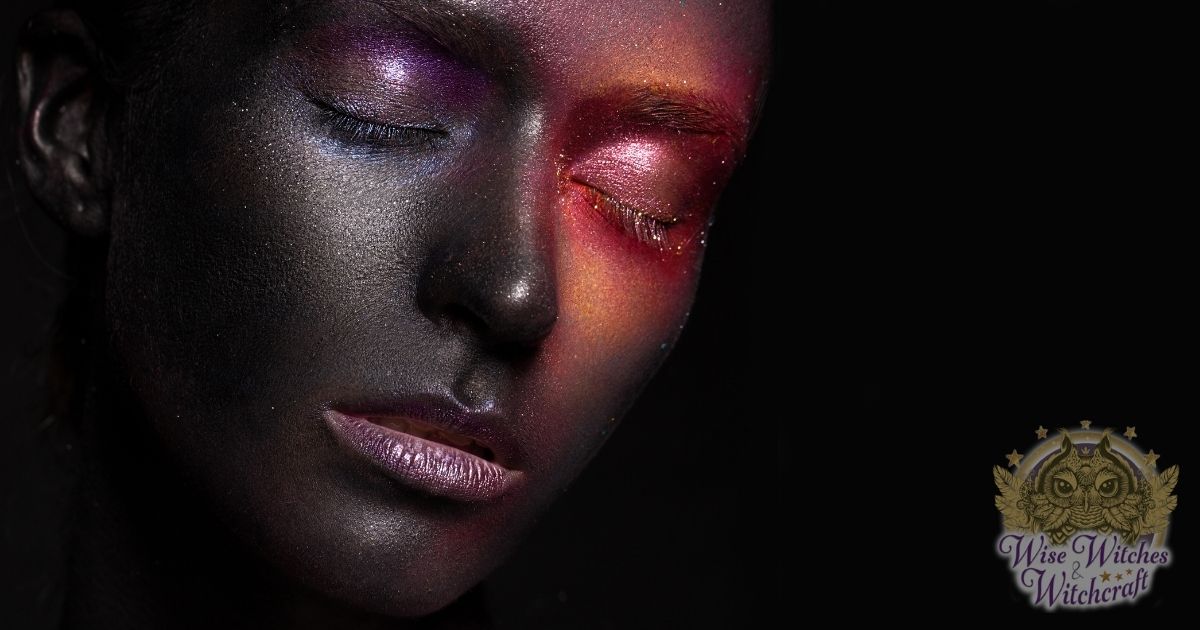
With all that information gathered, the next step is finding meaningful ways to bring this power into your everyday life. Here’s a list of ideas to add to into your Book of Shadows. Use it to serve as a quick reference for ways of honoring the Divine aspects you choose as patron deities.
- Highlight your home or sacred space with colors that represent the God or Goddess.
- Put an image representing the God or Goddess on your altar or at least use a candle that you can light to symbolize the Divine’s presence.
- Use herbs and aromatics on yourself and in sacred spaces suited to the God or Goddess and His or Her attributes.
- Add any symbols associated with the God or Goddess into your ritual clothing, altar cloths, nearby art, or carve them into spell candles.
- Leave offerings for the God or Goddess often, especially outdoors where the animals can take your gift and put it to good use.
- To internalize Their attributes, eat foods and drink beverages the God or Goddess holds sacred. Also, use these as post-ritual foods or ritual libations. It’s even nicer if some foods and beverages you choose have a cultural connection to the God or Goddess’ you choose to honor.
- Invite the God or Goddess into as many magical procedures as possible. The more that deity is present, the greater rapport you’ll establish.
- Meditate on various artistic renditions or mythic descriptions of the Divine Being conjure a deeper connection with your patron deity—when you meditate, you not only still your mind, but your focus on an image creates a specific vibration you send out in all directions via electromagnetic waves originating in the brain. It will help you tap into the Divine Being’s energy signature with greater ease.
- Add prayers you like into that section of your spell book.
- Find sacred music that somehow reminds you of the God or Goddess or mentions Him or Her by name and play it often.
The Worlds Gods and Goddesses
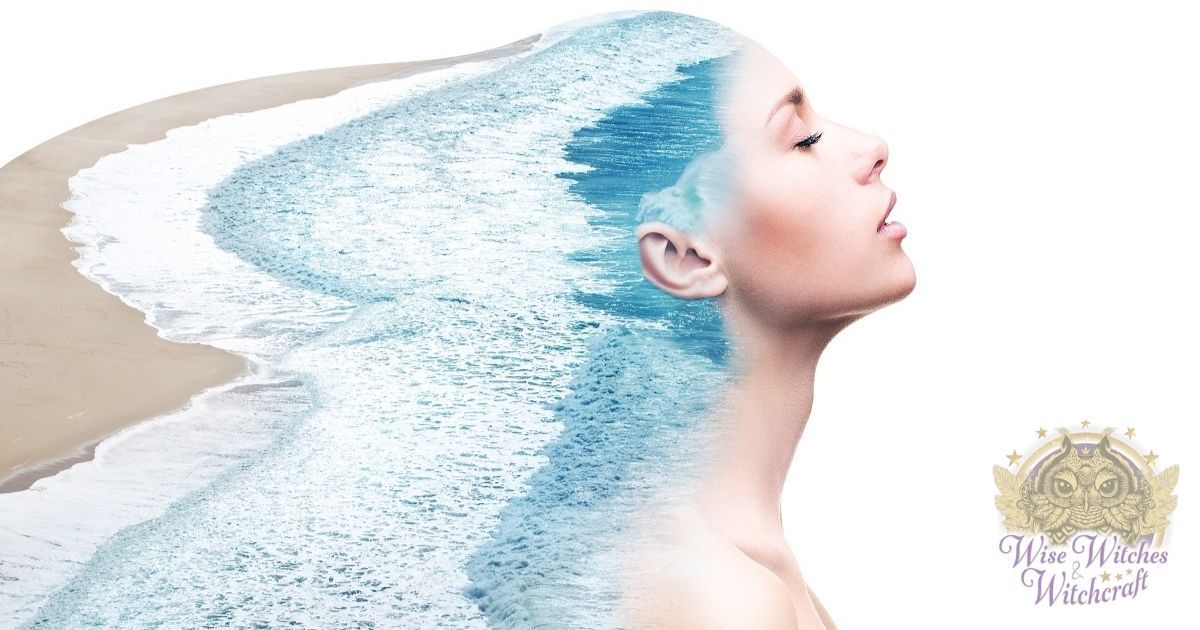
The number of Gods and Goddesses in the world is vast, so choosing one or more to work with may initially prove overwhelming. Below is a brief review of some deities, all of which have some association with magic and spellcraft. They are also excellent choices as a patron or patroness deity. Some aspects below can even guide you and lend you focus for working on your magical Book of Shadows!
- Adonai Aretz (Hebrew): A masculine deity who corresponds with the Earth elemental, and Malkuth in the Tree of Life. His name translates as “Lord of the Earth” or My Lord of the Earth.”
- Artemis (Greece): Goddess of all magical matters; She rules over Animals, the Wild, and the Hunt. Artemis is a huntress who is analogous to the Roman Goddess, Diana. She is the chaste Goddess of the Moon, signifying the virginal and maiden aspect of the Divine.
- Brigit (Ireland): Goddess of the spring, occult, witches, and prophesy; Her name translates as “ The Exalted One.” Brigit is a member of the magical Tuatha De Danann. She is a fertility deity that rules Smithcraft, Poetry, and Magical Healing.
- Ea (Sumerian): God of incantations. Though not precise, Ea’s name means “Lord of the Earth” Ea is the God ruling over creation, crafts, wisdom, and water. He is a Trickster deity, also governing over mischief.
- Freya (Norse): Goddess of magic, prophecy, war, love, and sex. She also rules over half of all those who die in war. Freya’s name translates as “Mistress,” or “Lady”.
- Hecate (Greece): Patroness of witches and spellcraft. Hecate is sometimes a Dark Goddess, but Her rulership is diverse. She governs sorcery, the magickal arts, arcane wisdom, herbs, spirits, entrances, crossroads, and both positive and negative magick.
- Hephaestus (Greece): God of metal and gem magic. He also governs artists, builders, volcanoes, and corresponds with the Fire Element.
- Kamrusepa (Hittite): Goddess of spells, magical arts, medicine, and all forms of healing.
- Ningirama (Mesopotamia): Goddess of magic and who offers protection from serpents.
- Pancaraksa (Buddhist): Goddesses of spellcraft and magic formulas.
- Surya (Hindu): God of Sun magic. He rides a chariot drawn by seven horses, each of which symbolizes or corresponds with the weekdays and seven visible-light colors.
- Thoth (Egypt): God of ritual magic. Thoth is the God of writing and wisdom.
The Reflection of the Divine
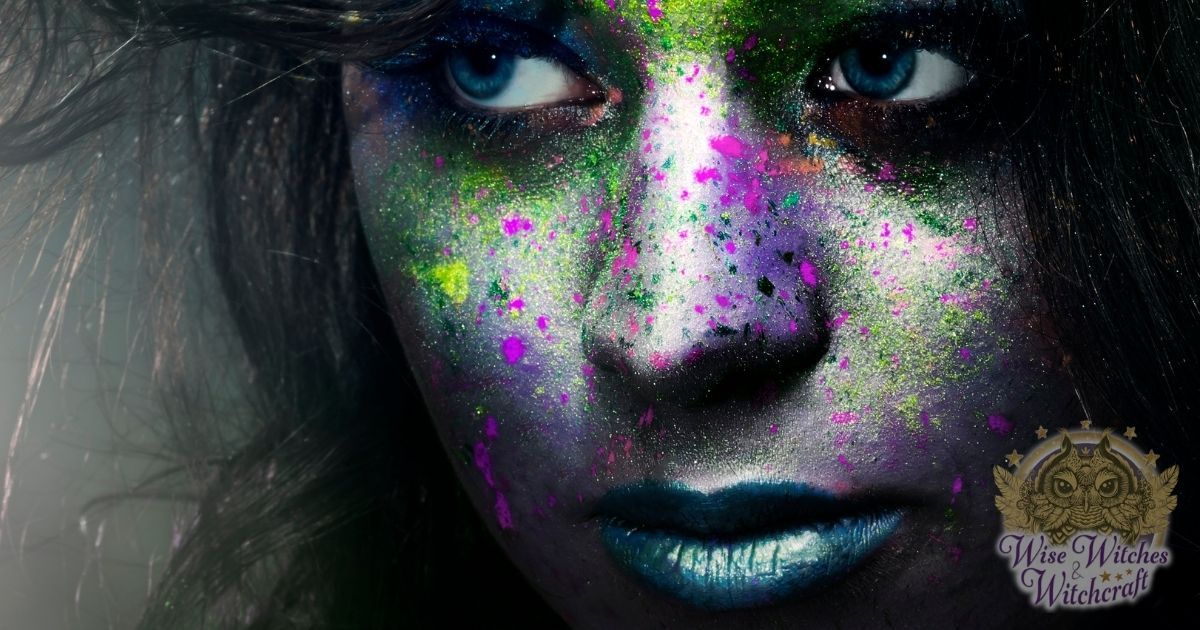
By definition, a God or Goddess can be anywhere, anytime. Human expectations or ideas of space and time have no hold over the Powers that Be. The Divine appears as one of thousands of aspects—proving multi-faceted because humans are just as diverse. You can see each God or Goddess has a face, name, and as hosting characteristics to which some humans can relate and aspire. Ultimately, Deities are like a mirror reflecting both the light and dark of the human soul just as it represents the Yin and Yang forces coursing throughout everything in the Universe—Divine aspects represent the very things that make you human, and your ability to evolve into so much more.
Adapted from “Your Book of Shadows,” by Patricia Telesco. All Rights Reserved.

